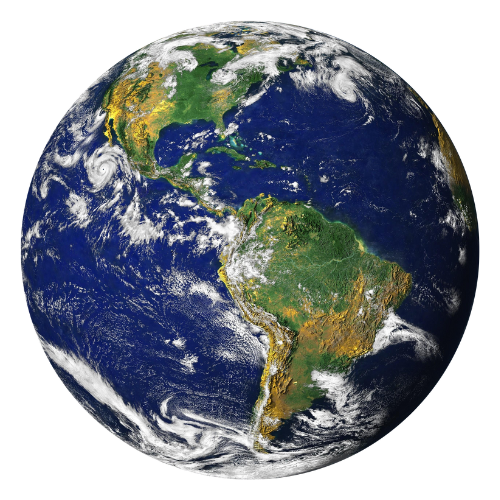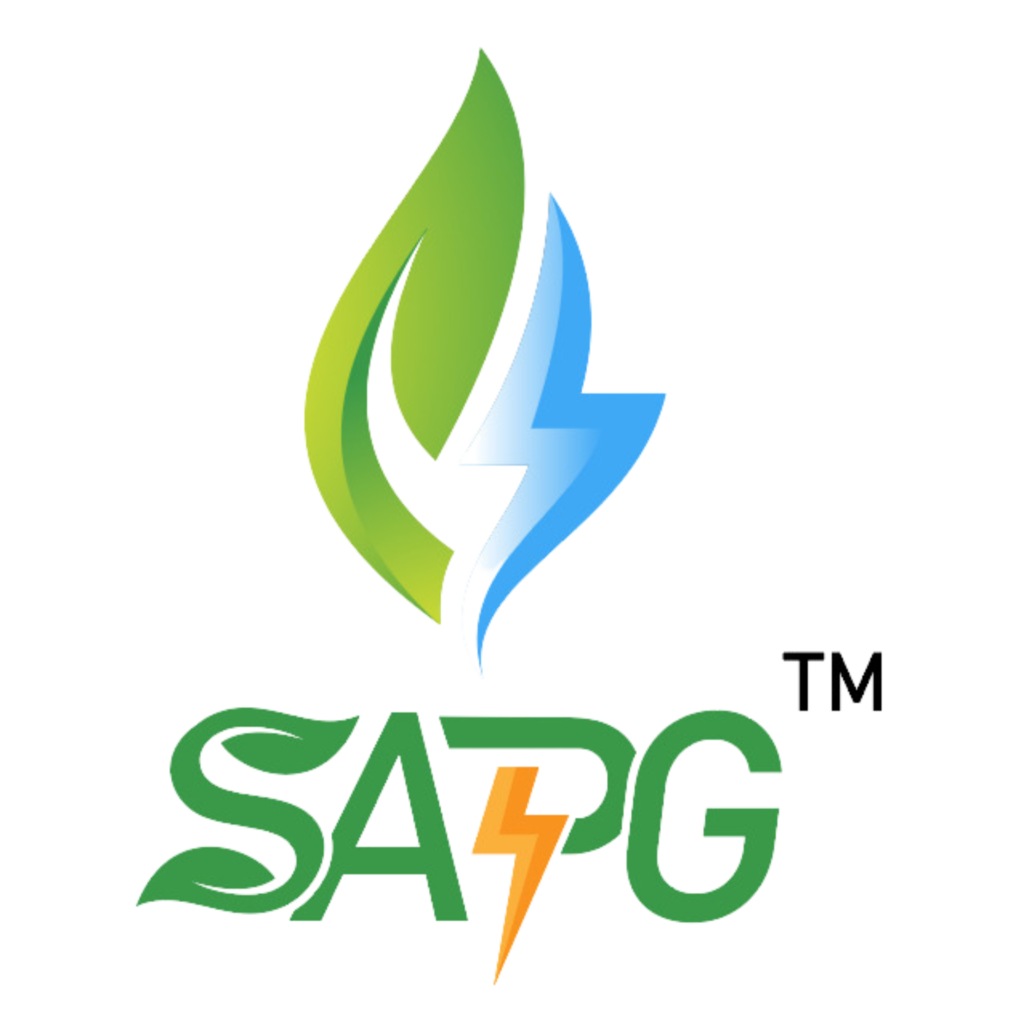Investment Highlight
Renewable Energy, Reimagined
Founded by two visionary engineers with 50+ years of experience and 17 patents between them, SAPG Technology Berhad is the proud originator of a transformative renewable energy technology that ingeniously utilises a renewable energy source and a relatively small volume of water to generate electricity without emitting greenhouse gases. Resembling hydropower, yet free from any of the drawbacks of conventional hydropower, this innovative technology is set to become a highly competitive alternative to common renewables due to:
Versatile and Reliable
Unlike solar, wind, and conventional hydropower, SAPG hydropower can be installed anywhere with minimal impact on output. Once operational, it can produce electricity 24/7.
Minimal Environmental Impact
Traditional hydropower plants disturb soil ecosystems, flood vast tracts of land, and block aquatic migratory routes – none of which are applicable to SAPG hydropower.
Cost-Effective
The cost of a SAPG self-adaptive hydropower system is comparable to that of other renewables; in most cases, it may actually be cheaper
Ease of Maintenance
The SAPG self-adaptive hydropower system is designed with redundancies
that minimise the risk of breakdowns. In the unlikely event of a malfunction, it is easily repaired by the average mechanic.
Investment Opportunity
Initial Set-Up Area
Malaysia
Borneo
Papua New Guinea
(84% of population have no electricity supply)
Solomon island
(82% of population have no electricity supply)
Madagascar
(75% of population have no electricity supply)

Indonesia
Philippines
Australia & Oceania Countries
Globally
Demand Forecasting

Demand for ESG and zero carbon emissions by 2050.

The self-adaptive technology is not dependent on sunlight, wind, geographical location and can be scale up easily.
Fundraising
In the few short months since incorporation, SAPG has

Received Multiple Inquiries From Prospective Buyers and Joint Venture Partners
Several large firms from Spain, Austria, Japan, Myanmar, Singapore, Australia, and Indonesia etc. have expressed strong interest in either purchasing the system or acquiring licensing rights.

Filed a Malaysian Patent Application
The patent for the system was filed in March 2023 by Henry Goh & Co Sdn. Bhd., a leading legal firm specialising in intellectual property protections.
Use of Proceed
The next priority for SAPG is bringing its flagship product to market. To this end, the Company is raising RM1 million in seed funding (as of the time of writing, 10% has already been secured, while another 20% has been pledged subject to certain conditions) in exchange for 10% of equity to fund:
Global Patent Registration
SAPG must secure the rights to its intellectual property in all jurisdictions where it intends to operate in the future as a prerequisite to entering any licensing agreements. To simplify the process, it is applying under the Patent Cooperation Treaty (PCT), an international treaty that enables inventors to simultaneously file patents in 157 jurisdictions worldwide using a single set of documents. The estimated cost is around RM200,000.
Prototype Construction + R&D
As outlined in the ‘Business Model’ section, multiple prospective buyers have requested to view a working prototype as proof of concept before committing to a purchase. 40% of the fundraising proceeds will be allocated towards purchasing materials for prototype construction, in addition to equipment required to conduct further R&D.
Marketing
The marketing budget of RM200,000 will be strategically spent on high-impact digital marketing campaigns that compel audiences to learn more about SAPG hydropower, directed by reputable marketing professionals engaged for their in-depth knowledge of energy consumers’ preferences.
Working Capital
As part of SAPG’s contingency plans, a percentage of the funds will be kept in reserve to cover operating expenses when cash flow is tight.
Forecasts
Following a successful patent application and the completion of prototype construction, SAPG anticipates achieving the following short-term objectives by end-2024:
- Netting at least RM800,000 in revenue from system sales,
- Entering into a minimum of 2 licensing agreements with overseas business partners, which would bring in RM1 million in revenue from licensing fees, and
- Welcoming paying visitors to the fully operational Balik Pulau eco-farm
after which it will conduct its Series A round to raise an additional RM5 million for further expansion. This sum is earmarked for, among others, talent recruitment, extending marketing campaigns, scaling up manufacturing, and capacity building in preparation for electricity sales. Conservative forecasts for 2024 and beyond are shown in the table below:
|
|
2024
|
2025
|
2026
|
2027
|
2028
|
|---|---|---|---|---|---|
|
Revenue (RM)
|
1,800,000
|
4,000,000
|
8,751,900
|
20,503,800
|
57,255,700
|
|
System Sales (RM)
|
800,000
|
2,000,000
|
5,000,000
|
15,000,000
|
50,000,000
|
|
Licensing Fees (RM)
|
1,000,000
|
2,000,000
|
3,000,000
|
4,000,000
|
5,000,000
|
|
Electricity Sales* (RM)
|
-
|
-
|
730,000
|
1,460,000
|
2,190,000
|
|
Carbon Credit Sales** (RM)
|
-
|
-
|
21,900
|
43,800
|
65,700
|
|
Net Profit (RM)
|
270,000
|
800,000
|
2,625,570
|
6,151,140
|
17,176,710
|
|
Net Profit Margin
|
15%
|
20%
|
30%
|
30%
|
30%
|
|
|
2024
|
2025
|
2026
|
2027
|
2028
|
|---|---|---|---|---|---|
|
Revenue (RM)
|
1,800,000
|
4,000,000
|
8,751,900
|
20,503,800
|
57,255,700
|
|
System Sales (RM)
|
800,000
|
2,000,000
|
5,000,000
|
15,000,000
|
50,000,000
|
|
Licensing Fees (RM)
|
1,000,000
|
2,000,000
|
3,000,000
|
4,000,000
|
5,000,000
|
|
Electricity Sales* (RM)
|
-
|
-
|
730,000
|
1,460,000
|
2,190,000
|
|
Carbon Credit Sales** (RM)
|
-
|
-
|
21,900
|
43,800
|
65,700
|
|
Net Profit (RM)
|
270,000
|
800,000
|
2,625,570
|
6,151,140
|
17,176,710
|
|
Net Profit Margin
|
15%
|
20%
|
30%
|
30%
|
30%
|
Assumptions:
**Electricity is sold at a price of RM0.20 / kWh
**Carbon credits are sold at the price of RM30 / unit
Overall Renewable Energy Market Size
Renewable Generation Capacity By Energy Source
At the end of 2021, global renewable generation capacity amounted to 3064 GW. Hydropower accounted for the largest share of the global total, with a capacity of 1230 GW.
Solar and wind energy accounted for equal shares of the remainder, with capacities of 894 GW and 825 GW respectively. Other renewables included 143 GW of bioenergy and 16 GW of geothermal, plus 524 MW of marine energy.
